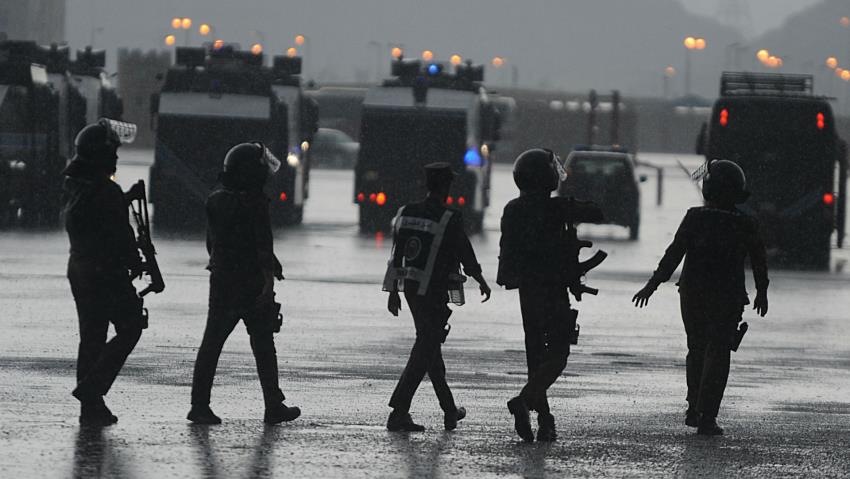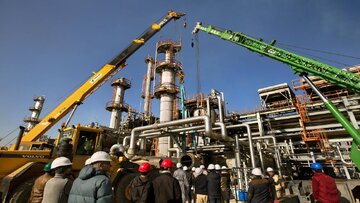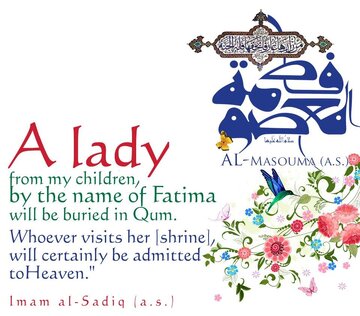Saudi forces started their brutal attack on Awamiyah on May 10, using helicopter gunships and heavy weapons. The Saudi regime says the aim of the raid is to allow ‘renovation’ of the historic Al-Mosara neighborhood to make way for a planned a new project.
Brutal regime’s security forces have so-far killed at least four Shiite Muslim civilians in the region including a child while many more have been injured in the city so far. Reports indicate the regime forces shot dead the child while he was moving with his family near Awamiyah. The child’s mother was also critically injured in the attack.
Awamiyah, a town of 30,000 in the Shiite-majority Qatif district in the Eastern Saudi province, was the home of Sheikh Nimr al-Nimr, a high ranking Shiite scholar who was unjustly hanged in January last year for demanding the legitimate rights of the region’s residents.
Activists have posted pictures and videos of bulldozers being accompanied by heavily armored military vehicles towards the site.
The Eastern Province of Saudi Arabia has been the scene of peaceful demonstrations since the start of a popular Islamic uprising in February 2011. Protesters have been demanding reforms, freedom of expression, the release of political prisoners, and an end to economic and religious discrimination against the oil-rich region. The Saudi regime has responded to the protests with an iron fist with regime forces attacking civilians amid a repressive crackdown on dissent.
UN opposes Al-Mosara demolition
The planned "renovation" of the historic 400-year old Al Mosara neighborhood has been highly controversial. In April, the United Nations called on the Saudi regime to halt the project, warning that it threatened "the historical and cultural heritage of the town with irreparable harm".
“Residents have been pressured in many ways, including through power cuts, to vacate their homes and businesses without adequate alternative resettlement options, leaving them at best with insufficient compensation and at worst, with nowhere to go," said the UN Special rapporteur on the right to adequate housing, Leilani Farha.
“The area is of importance not only to local people and the entire cultural landscape of Awamiyah, but also has national significance for the history and cultural heritage of Saudi Arabia,” said the UN Special Rapporteur in the field of cultural rights, Karima Bennoune. “The planned demolition would erase this unique regional heritage in an irreversible manner.”
Part of the regional trade activities centered on the Qatif region for centuries, Al Masora is considered a historical model of a walled village, including mosques, farms and farmers markets, places of worship for Shiite ‘Hussainiyat’ and businesses, and is home to about 2,000 to 3,000 people. The neighborhood is of great interest for researchers and experts in the fields of heritage and archaeology.
Loose of livelihood
The UN Special Rapporteur on extreme poverty, Philip Alston, also expressed concern about the impact of the demolition on the standard of living of those who will be affected. “If implemented, the plan will remove people from the areas where they live and work, resulting in loss of livelihood and difficulty in securing housing,” he stressed. The experts also raised concerns over the lack of information and public consultation.
Saudi regime despises historical heritage
The Saudi regime has gone on rampage all over the kingdom destroying Islamic heritage sites. The regime has dismantled some of the oldest sections of Islam’s most important mosque as part of a highly controversial multi-billion pound expansion. Archeologists have blamed the Saudi regime wantonly disregarding the archaeological, historical and cultural heritage of Islam’s two holiest cities of Mecca and Medina. This comes as no surprise as clerics of Wahhabism, the official sect in the Kingdom, are fiercely opposed to the preservation of historical Islamic sites.
/106





